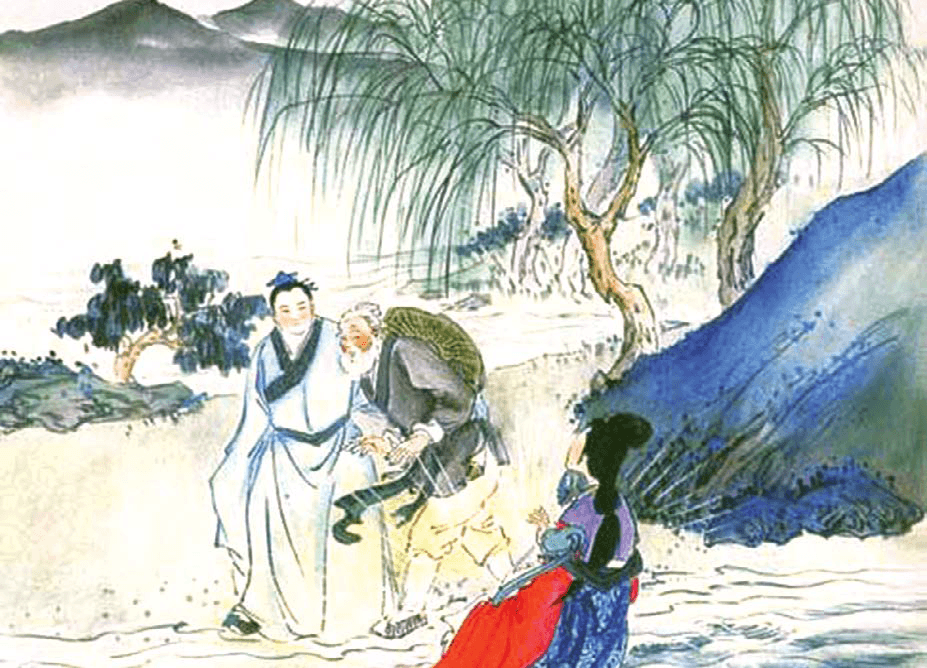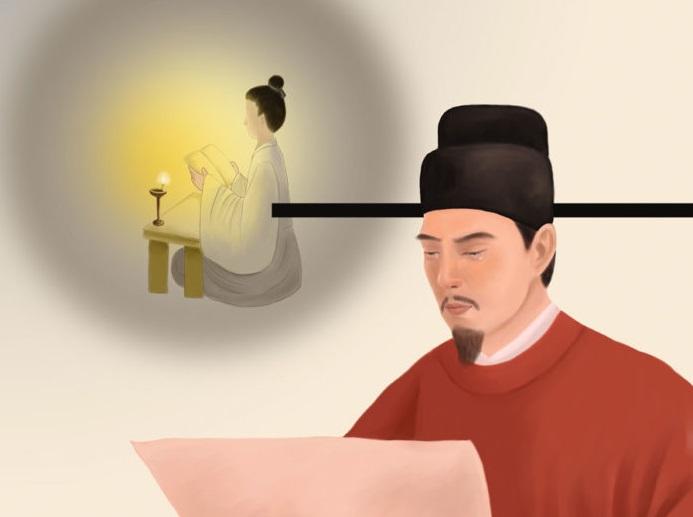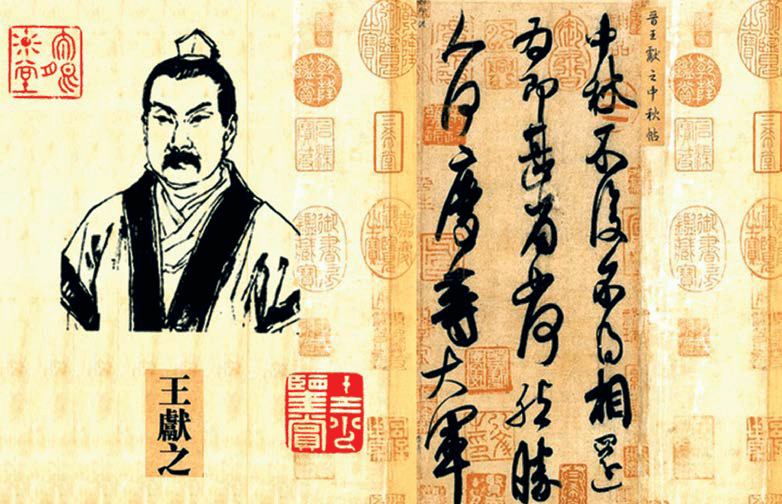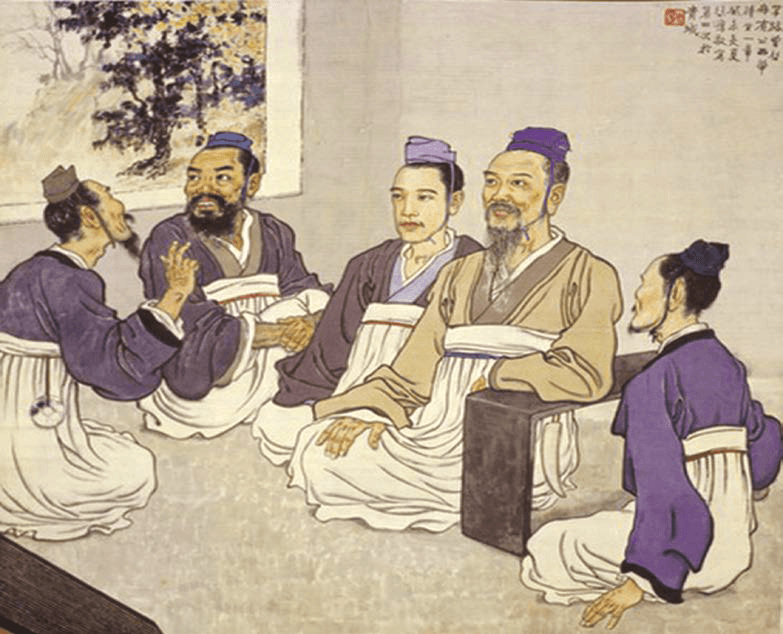The “Standards for Being a Good Student and Child” (Di Zi Gui) is a traditional Chinese textbook for children that teaches children morals and proper etiquette. It was written by Li Yuxiu in the Qing Dynasty, during the reign of Emperor Kang Xi (1661-1722). In this series, we present some ancient Chinese stories that exemplify the valuable lessons taught in the Di Zi Gui.
Treating Elders With Respect
It is written in the Di Zi Gui:Encountering an elder on the road, Approach and bow quickly. If the elder is silent Retreat and stand respectfully.Dizi Gui describes in great detail the ways to show respect to one’s elders. In eating and drinking, and in walking and sitting down, we should let the elder person go first. When an elder is calling someone, we should immediately call that person for the elder.
We should not sit when our elders are standing. After our elders have sat down, we can sit only if we are told to do so. When speaking to a respected elder, we should speak in a low voice, but it is also inappropriate if it is too low to be heard. We should serve our many elders like serving our own father.





